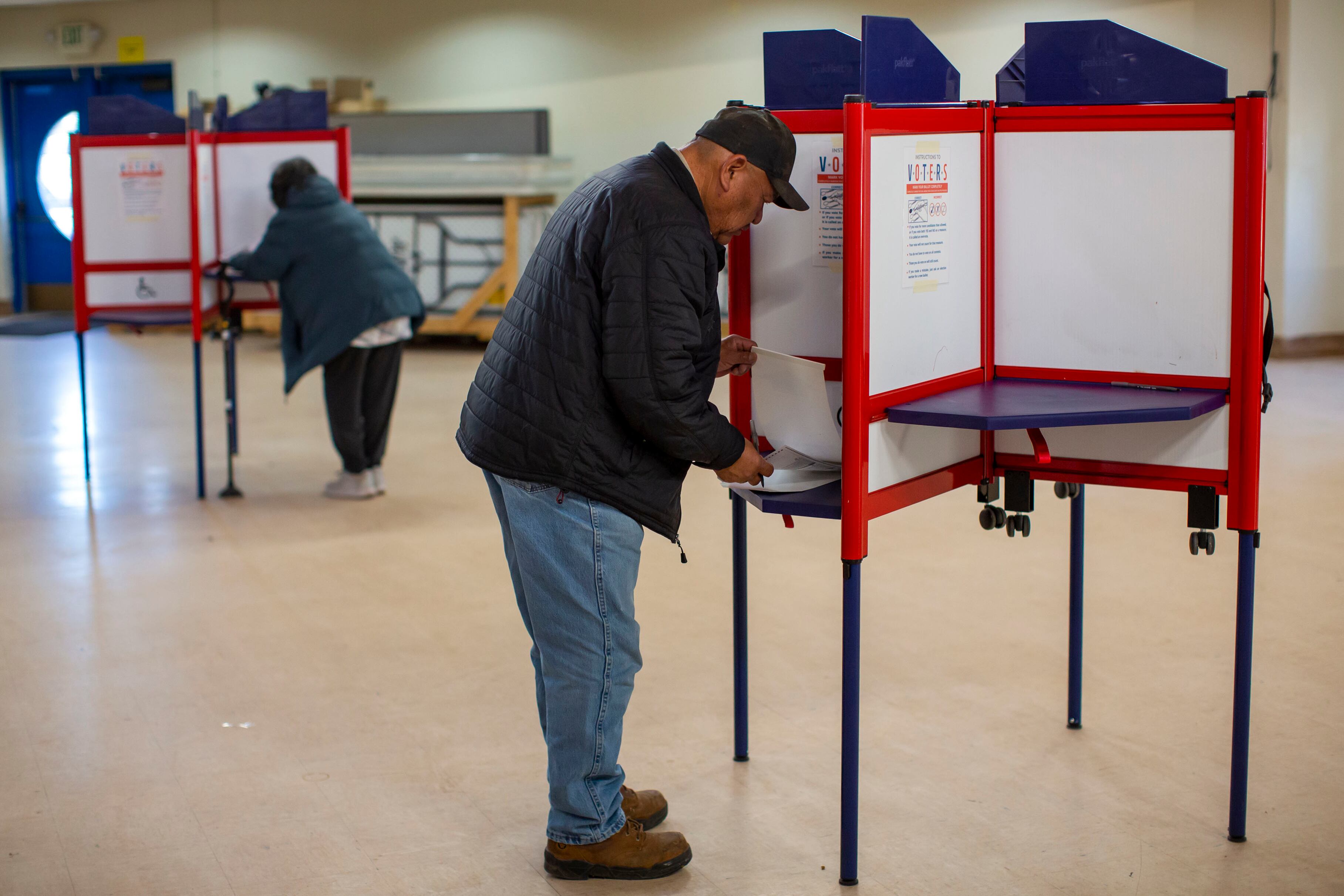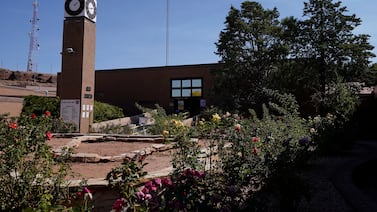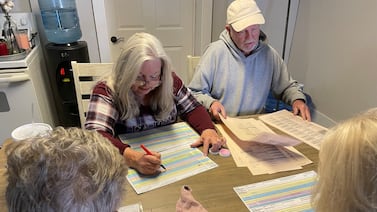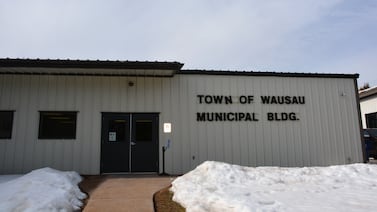Votebeat is a nonprofit news organization reporting on voting access and election administration across the U.S. Sign up for Votebeat Arizona’s free newsletter here.
The official who oversaw Apache County’s November election during widespread technical problems at polling places is no longer in her position, Votebeat has learned.
Rita Vaughan is out as county elections director, JP Martin, a spokesperson for the Arizona Secretary of State’s Office confirmed. The county manager did not respond to a request for comment about the reasons for Vaughan’s departure, or the date she left. Vaughan also did not immediately respond to a request for comment.
Voters and Navajo Nation officials have called for accountability after the Election Day problems across the county, which contains a large section of the Navajo Nation in the northeast corner of the state.
Voters seeking to cast ballots had to wait in lines for hours after the county’s equipment failed. Polling places that had emergency ballots quickly ran out, and for many voters, the only option was to use an accessible voting device until new equipment arrived, according to voters and observers. Polling places typically have only one or two of those accessible devices, which are designed for people with disabilities.
After the Navajo Nation sued on Election Day, an Apache County Superior Court judge ordered select polling places to stay open for two hours past the originally scheduled closing time. Lawyers for the Navajo Nation told the judge that, despite the county’s assertions, the problems persisted throughout the day, and some voters who were in line for hours in the cold chose to leave without voting.
Ethel Branch, the Navajo Nation Attorney General at the time, said later that month that the voters were disenfranchised.
“Despite this ruling, we will not be deterred from holding Apache County accountable for honoring all Navajo votes in future elections,” Branch wrote in a Nov. 22 Navajo Nation Department of Justice news release.
Vaughan told Votebeat on Election Day that the problem was with the county’s ballot-on-demand printers, and the county issued a news release saying the same. But county officials have not provided more details.
The Navajo Nation filed a second lawsuit after the election, asking a judge to provide more time for voters to fix problems with signatures on their ballots, because of delays in notifying voters of the problems. The county recorder, not the elections director, is in charge of that process. The judge dismissed that lawsuit.
Jen Fifield is a reporter for Votebeat based in Arizona. Contact Jen at jfifield@votebeat.org.





